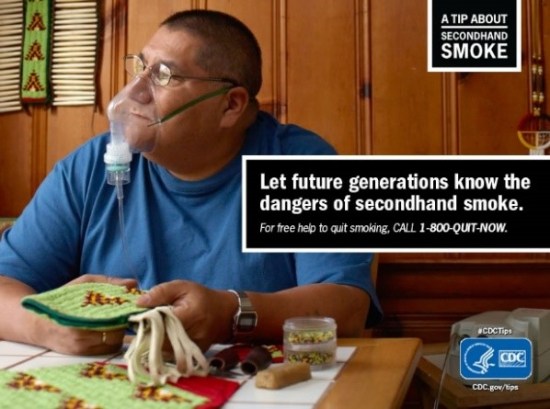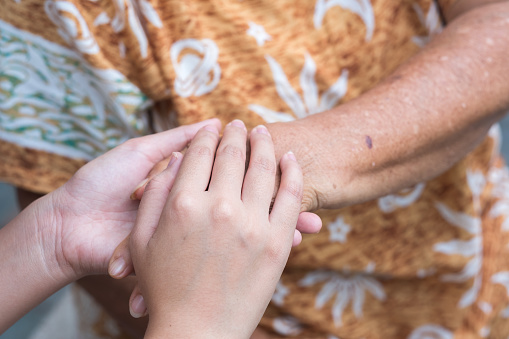The Centers for Disease Control and Prevention (CDC) is continuing its national tobacco education campaign—Tips From Former Smokers® (Tips®)—with hard-hitting TV commercials that feature real people who have experienced the harms caused by smoking. The 2018 campaign ads are again highlighting the immediate and long-term damage caused by smoking, and strongly encouraging smokers to quit.
The American Psychological Association (APA) is one of a cadre of national organizations partnering with the Tips® campaign.









